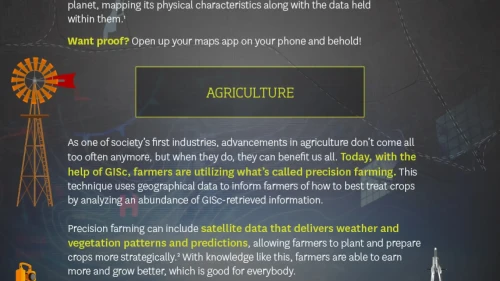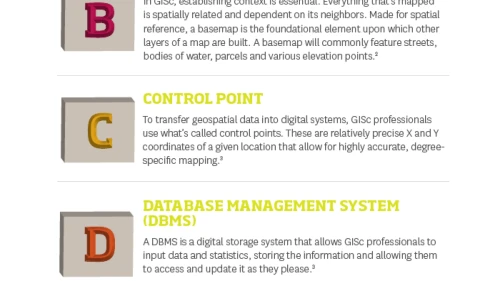Did you know?
According to the Bureau of Labor Statistics, there are about 126,800 librarians in the United States. New York has the most, with 12,360 librarians.
The employment of librarians is also expected to grow 9% by 2026. Some 12,000 jobs are projected to open as communities look to librarians for a variety of information services.1
Library and information science is a meta-discipline, spanning what is considered traditional academic research disciplines (e.g., economics, biology, history, etc.). The theories and practices in library and information science are applied across disciplines.2
What is Library Science?
Library science an interdisciplinary field that incorporates a diverse collection of knowledge and perspectives from a variety of other academic programs. Students often find themselves in courses alongside individuals studying information technology, psychology, and business management. As a scientific pursuit, it is also constantly evolving to keep pace with developments in computers and other digital tools.3
In studying library science, it’s important to embrace opportunities to learn new skills in information technology, and organizational management, as these skills transfer well into various roles and occupations.
Why Kent State University?
Kent State University’s School of Information (iSchool) offers a Master of Library and Information Science (MLIS) and with more than 700 students enrolled, is the largest graduate program at Kent State.
MLIS is the only American Library Association-accredited master’s program in Ohio and is recognized by U.S. News and World Report among the nation’s top 20 LIS programs.4
The MLIS program is accredited by the American Library Association.
Kent State University Online Master of Library and Information Science
The Online Master of Library and Information Science degree (MLIS) prepares students for professional positions in public, academic, special, and school libraries; archives; museums; and other types of information agencies, organizations, and companies.
Many MLIS graduates go on to positions in other areas of the information field besides libraries—in research, for example, or publishing, information management, competitive business intelligence, and other fields. An accredited MLIS degree is the basic requirement for professional employment in most libraries and information centers.
Program Highlights:
- Required courses give a foundation in the library and information science field
- To enhance the curriculum, take classes in Master of Science programs health informatics, knowledge management, and user experience design
- Admissions and classes offered year-round
- Graduates can be found in libraries, information agencies, museums and cultural organizations, and companies of all sorts and sizes
Dual Degree
Students also have the opportunity to complete a dual degree program with the MBA degree and the MLIS degree. Learn more about dual degrees.
For more information on Kent State’s Online Master of Library and Information Science degree, visit https://onlinedegrees.kent.edu/degrees/master-of-library-and-information-science.
Sources:
1 Retrieved on May 11, 2021, from https://www.bls.gov/ooh/education-training-and-library/librarians.htm
2 Retrieved on May 11, 2021, from https://www.kent.edu/iSchool/library-information-science
3 Retrieved on May 11, 2021, from https://www.bestcollegereviews.org/faq/what-is-library-science/
4 Retrieved on May 11, 2021, https://onlinedegrees.kent.edu/degrees/master-of-library-and-information-science





